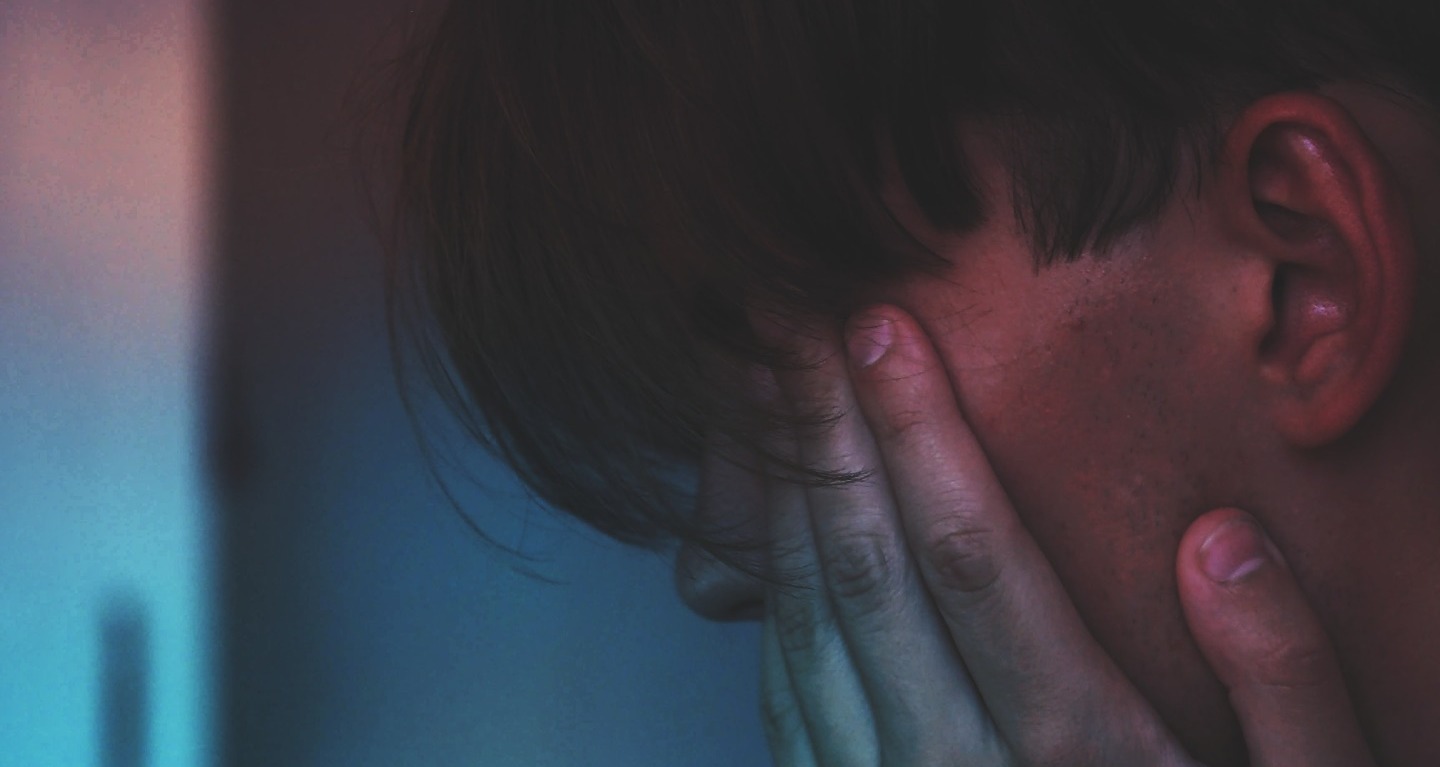My Experience with SAD – Guest Blogger
Posted on 15th November 2020 at 17:07
Our guest blogger Stuart, shares his thoughts on coping with both depression and anxiety and how SAD is often an added layer of ordeal.
Seasonal Affective Disorder, or SAD, is mostly experienced in the autumn and winter time when reduced levels of sunlight may lead to disruptions in your body’s internal clock. Included in this is a drop in serotonin; a brain chemical that affects your mood which can cause feelings of depression. Melatonin levels can also be disturbed, a chemical which plays a role in sleep patterns and mood.
According to the NHS, SAD symptoms are described as
‘Similar to those of normal depression, but they occur repetitively at a particular time of year. They usually start in the autumn or winter and improve in the spring. The nature and severity of SAD varies from person to person. Some people just find the condition a bit irritating, while for others it can be severe and have a significant impact on their day-to-day life.’
Although understanding the medical facts and science behind SAD can be helpful in comprehending what others are going through, one sure fire way to grasp what it’s really like to suffer from this disorder is to hear first-hand. Our guest blogger Stuart, shares his thoughts on coping with both depression and anxiety and how SAD is often an added layer of ordeal.
'My depression and anxiety are with me all year round and can strike even in the middle of summer. However, the period of shortening days which, often starts in late August and September and, intensifies with the clocks going back heralds the onset of a predictable pattern of my lowering mood and chronic lack of energy.
The reduction in day light has a noticeable effect on my general optimism which is often only off set by the thought of spring and the return of more daylight hours. I always look forward to the end of January when the days become slightly but perceptibly longer. I often think when we get to that point ‘I’ve made it’.
Often my worst period of depression has centered around the Christmas and New Year period which are of course the point in the year when there is least natural daylight available. The cultural expectations around Christmas that everyone should be or is having a good time makes matters even worse. There is always the dread question 'what kind of Christmas did you have?'.
In my case I’m fairly sure my tendency to be at my lowest ebb at this time is both a response of the reptilian part of the brain coupled with memories of spending time at Christmas with my father, now deceased, who I think had undiagnosed depression. He was certainly depressed at Christmas. From personal experience I firmly believe that depression can be handed down within families and spending time with people without an escape route can trigger depression.'
Share this post:







